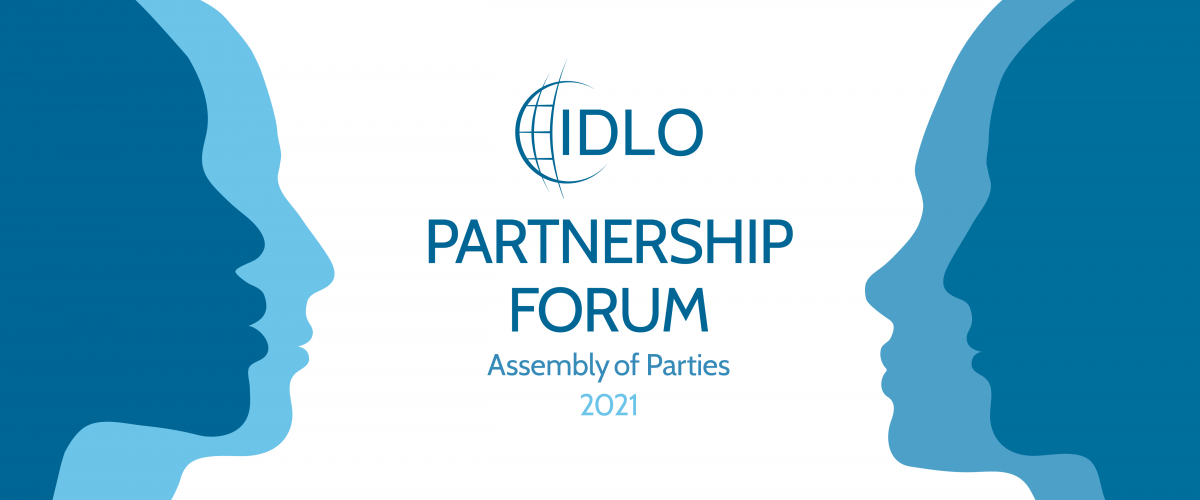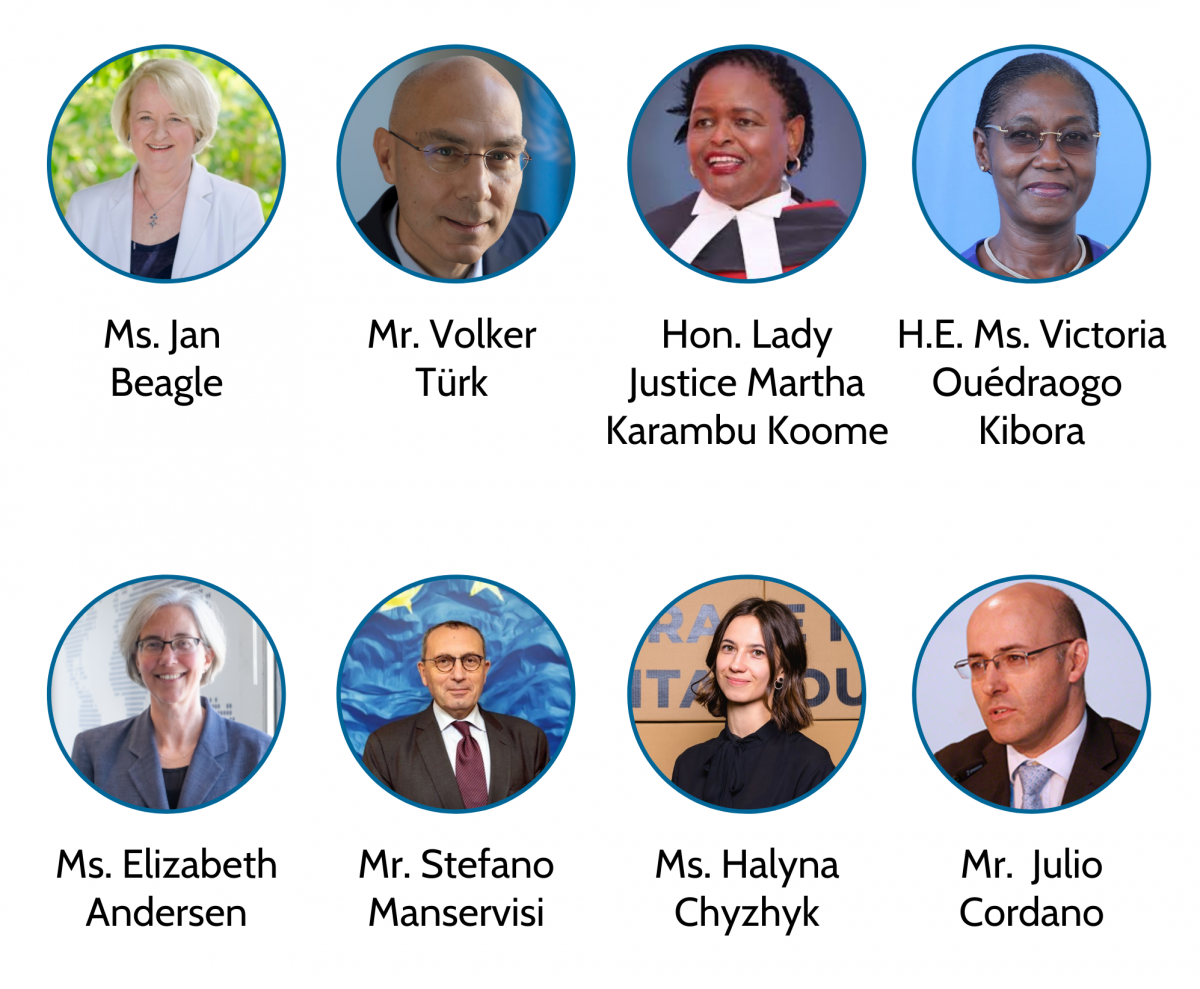
TUESDAY, 23 NOVEMBER - 15:00-16:30 CET
A NEW VISION FOR THE RULE OF LAW TO DELIVER OUR COMMON AGENDA
Context
Over the past 18 months, COVID-19 has wiped out five years of development gains since the 2030 Agenda was adopted and continues to threaten and reverse decades more of hard-won progress. Millions have died and millions more have been pushed into poverty and insecurity, with the impact falling most severely on those already living in conditions of vulnerability, exclusion and fragility.
While the scientific response was rapid, with the development of lifesaving vaccines at record speed, the stark inequity in their distribution is proof that we are collectively failing the moral test. This is a worrying sign for our ability to effectively address other urgent issues like climate change and conflict and fragility, all of which require international cooperation and solidarity.
At the domestic level, the crisis has exposed decades of neglect in governance. Growing inequalities, lack of access to services, endemic corruption and insufficient oversight and accountability have further eroded public confidence, especially among groups often excluded from opportunity and decision-making, including women, and youth.
In the Declaration commemorating the United Nations 75th Anniversary, world leaders recognized the importance of reversing these trends and committed to ensuring justice and enhancing democratic governance and the rule of law. In his report, Our Common Agenda, Secretary-General Guterres responded to their call by proposing an ambitious framework to rebuild trust, revitalize multilateralism and address global challenges from the climate crisis to the growing deficit of trust in public institutions.
A key element in Our Common Agenda is the recognition of the need to develop a new vision for the rule of law capable of meeting the challenges that lie ahead. As an advocate for the essential role of the rule of law in effectively managing COVID-19 and promoting a more inclusive, just and sustainable recovery, IDLO welcomes this acknowledgement.
The rule of law, properly understood, can be a powerful force for both peace and sustainable development. People-centered justice systems can promote transparency and accountability and empower the least powerful to participate in public decision making, helping build trust. The rule of law can also help to address complex and transnational challenges that instruments of governance are currently ill-equipped to handle.
Held annually on the occasion of IDLO’s Assembly of Parties, the Partnership Forum seeks to stimulate and strengthen dialogue around key issues related to the rule of law, justice and human rights. This year, the Forum will bring together a high-level panel of policymakers, experts and advocates to begin to articulate the essential elements of a “new vision for the rule of law,” identify how it can contribute to a more peaceful, just and inclusive future, and explore ways in which this vision can be realized.
Speakers will include

Agenda
Opening:
Welcome: Ms. Jan Beagle, Director-General, IDLO
Keynote address: Mr. Volker Türk, UN Assistant Secretary-General for Strategic Coordination in the Executive Office of the Secretary-General
Panelists:
-
Hon. Lady Justice Martha Karambu Koome, Chief Justice and President, Supreme Court of Kenya
-
H.E. Ms. Victoria Ouédraogo Kibora, Minister of Justice, Human Rights, and Civic Promotion, Keeper of the Seals, Burkina Faso
-
Ms. Elizabeth Andersen, Executive Director, World Justice Project view bio
-
Mr. Stefano Manservisi, Special Advisor to European Union Commissioner for Economy and Chair of IDLO’s Board of Advisers view bio
-
Ms. Halyna Chyzhyk, Judicial Reform Expert, Anticorruption Action Centre, Ukraine view bio
-
Mr. Julio Cordano, UNFCCC Adaptation Committee Member & Chief Negotiator, Chile’s COP-25 Presidency view bio
Closing remarks by Mr. Volker Türk, UN Assistant Secretary-General for Strategic Coordination in the Executive Office of the Secretary-General

